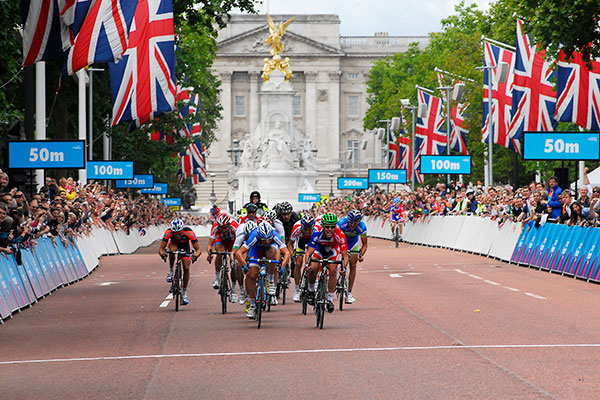London – a sensible but boring Olympics?
It works like this. The city that wins the bidding process is usually the one that can offer the most enticing bid to the voting delegates. That means promises of fancy stadiums, upgraded infrastructure, and years of work. The IOC comes in, has a fun time running their Olympics for a month or so, and leaves. The host city is left with expensive specialised sport facilities or stadiums so vast that they can't be made financially viable even if they do host popular sports.
Athens hosted the Olympics in 2004. By all accounts they did a good job. The stadiums were magnificent. There were no major incidents. Everything went well. The “Dream Games” cost Athens €27 billion to host. Greece probably wouldn't mind getting that back round about now. The Athens Olympics’ legacy? The Greeks have no money, but boy do they have a spiffy softball stadium. When you Google “Greek Softball” the first 10 results are all about teams from New York. It's safe to say the Athenian softball stadium isn't getting much use these days.
The canny Brits saw what happened to Athens and other Olympic host cities and thought “We aren't going to let that happen to us!” They claim London 2012 to be the first “truly sustainable Olympic Games”.
The London 2012 organisers have taken the most sensible approach to venue management of any Olympics ever. London already has heaps of world-class facilities, so rather than building new ones or upgrading them they are just going with what they've got. Wimbledon, Lords, Wembley Arena, and Stadium will all do nicely, thank you very much. Some of the cycling is even being held at Brands Hatch, a motor racing circuit. Nearly all of the purpose built venues will be completely dismantled, downsized, or relocated after the games. The hockey, basketball and water polo stadiums will all be completely dismantled and the pieces used at various places around the country. The 15,000-seat basketball stadium will be shipped to Rio De Janeiro for use in 2016.
The cost cutting has even extended to the main Olympic stadium, usually the jewel in any Olympic crown. The upper structure is mostly made out of recycled tubing, and the total amount of steel used is 10% of that used to construct the “Birds’ Nest Stadium” in Beijing. After the Games the upper decks will be removed, cutting the capacity from 80,000 to 60,000. The stadium will probably then be leased to either West Ham or Tottenham football clubs, although they are currently stuck in a long legal battle about who will get to use it. The Athletes’ Village will be integrated into the surrounding Stratford area, and is predicted to be a really nice estate on which to breed chavs and rioters.
London 2012 may not end up being the most spectacular or memorable Olympics, but in typical British fashion the Games look like they are going to be the most sensible in history. It’s a bit of shame that we miss out on all the ridiculous decadence and showmanship, but in 10 years’ time I think London ratepayers will be glad we did. On the plus side, Danny Boyle is doing the opening ceremony. I vote Spud from Trainspotting to light the Olympic torch.








